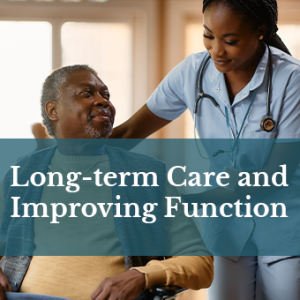
Vulnerability and resilience: Roles of community support for wellbeing of aged Rohingya refugees in Bangladesh
Presenter(s):
Mohammed Mamun Or Rashid, Department of Media Studies and Journalism, University of Liberal Arts Bangladesh (ULAB), Bangladesh
Abstract
Persecutions against the Rohingya, a Muslim minority group in Myanmar, represent severe human rights violations. In 2017, they fled to the Cox’s Bazar district in Bangladesh. This paper examines the knowledge, attitudes, and practices (KAP) towards aged Rohingya persons and explores community support mechanisms for their well-being. A total of 377 Rohingya refugees were interviewed, and eight experts participated in Key Informant Interviews (KIIs). The majority of aged individuals (89.92%) reside with family members. It was observed that 87.23% of respondents recognize the wisdom and knowledge of aged persons. Family bonds, socio-cultural, and religious factors play significant roles in ensuring personal care. However, they face numerous vulnerabilities related to insufficient food, unfriendly infrastructure, inadequate healthcare, poor social services, etc. Mental health issue is very crucial for aged Rohingya refugees. Aged women are more vulnerable in terms of social exclusion, community participation, decision-making and mingling with peer groups. Humanitarian assistance remains fragmented, with 51.20% of respondents reporting inadequate age-specific support. The study highlights the persistent disconnection between policy commitments and ground-level implementation, emphasizing the critical need for gender-sensitive and age-inclusive strategies. These findings underscore the urgency of adopting comprehensive, intersectional approaches aligned with the Sustainable Development Goals (SDGs) and protection mandates of the United Nations High Commissioner for Refugees (UNHCR) to safeguard the rights and dignity of aged group. This paper concludes with several recommendations, particularly to strengthen community support for the well-being of aged Rohingya refugees living in Bangladesh.
